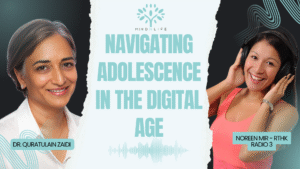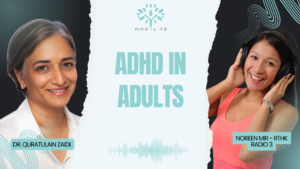The modern teenager is under immense social and academic pressure. Not only are teenagers going through rapid hormonal and brain changes, their social life is also rapidly changing with the advancement of social media. Some parents struggle to maintain a healthy relationship with their teenager because teens and parents tend to view the world through different lenses. Most teens want to be accepted and loved by their peer group as well as at home. Teenagers are seeking to find their self-identity amid the chaos. Here are a few reasons why your teenager might be engaging in self-harm such as cutting.
- To alleviate emotional pain. Physical pain takes the focus off of the emotional pain. Your teenager might not know how to cope with intense emotions such as rejection, loss or loneliness. If your teenager is cutting because of this, listen to them speak about their feelings without punishing them or criticising them. If you are unable to listen because of your own emotions, seek the help of a professional for teen counselling or for your personal support.
- They feel numb. If your teenager has become overwhelmed, they might have chosen to shut down their emotions. They might feel numb because of voluntarily avoiding their emotions or due to severe anxiety or social anxiety. The cutting helps them to feel alive. If your teenager is cutting because of this, professional help for your teenager should be sought after.
- They want to punish themselves. Your teenager might have gone through rejection, break-up or other failure and they believe they should be punished. Speak to your teenager and try to help them understand that they do not need to punish themselves and that you love them. If you are unable to be calm in this situation, seek a professional to speak to your teenager.
- Social Media. Your teenager might have seen photos on social media glamorising cutting and self-harm. Make sure your teenager understands that they do not need to always follow what their peers are doing as it can be quite dangerous. Because you are the parent, your teenager might not listen to you about this. Teenagers might believe that their parents are outdated and don’t understand. If this is the case, seek a counsellor for your teenager.
Read more about your teenager here and about depression and suicide here.
Dr Monica Borschel is a US-trained Clinical Psychologist who specialises in loss and attachment. Reach out to Dr Borschel: [email protected]
Facebook: https://www.facebook.com/drmonicaborschel
Website: https://doctormonicaborschel.com/
[ess_post]







